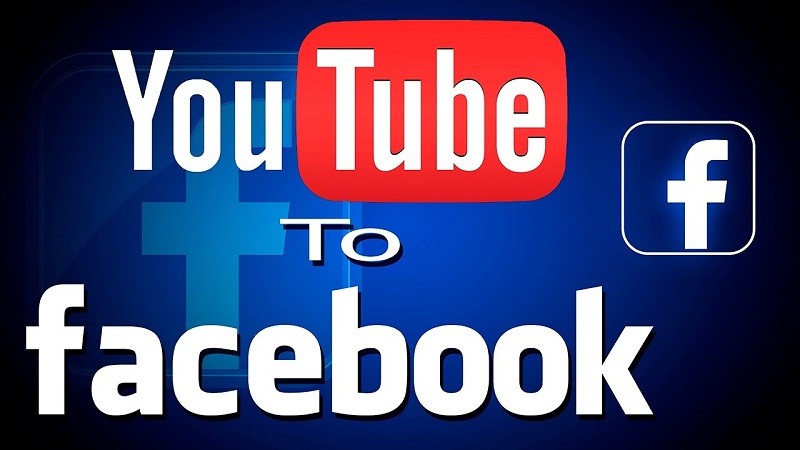
DHAKA: Social networking companies such as YouTube and Facebook do not want to help Bangladesh if citizens are engaged in spreading militancy or misinformation, terming those as 'free speech', but comes to the aid in case of serious propaganda against the state or specific people and sometimes regarding terrorism, Mustafa Jabbar, Minister of Telecommunications and Information Technology, said on Friday.
Jabbar said that a draft law has already been prepared as the Digital Security Act is not sufficient to address these issues, saying, "They have all of our information but we cannot take any action against them. A new law of Bangladesh is underway to address the issues with social networking companies." He added that as cybercrime is on the rise, the use of technology needs to be increased in crime detection in every police station across the country. Jabbar also said that the families need to further emphasise on raising awareness about cybercrime.
In a programme on the tendency of cybercrime in Bangladesh, marking the sixth anniversary of the Cyber Crime Awareness Foundation (CCAF), the minister said that in the name of freedom of speech, social networking companies like Facebook and YouTube do not provide information against 60 per cent of the requests made by the Bangladesh government.
Biden declares 'summer of joy' as US has administered 300 million vaccines in 150 days
Asian Dev Bank approves USD 250 mn loan to support Bangladesh social development program
Antonio Guterres appointed second term as UN Secretary-General, promises new era of equality